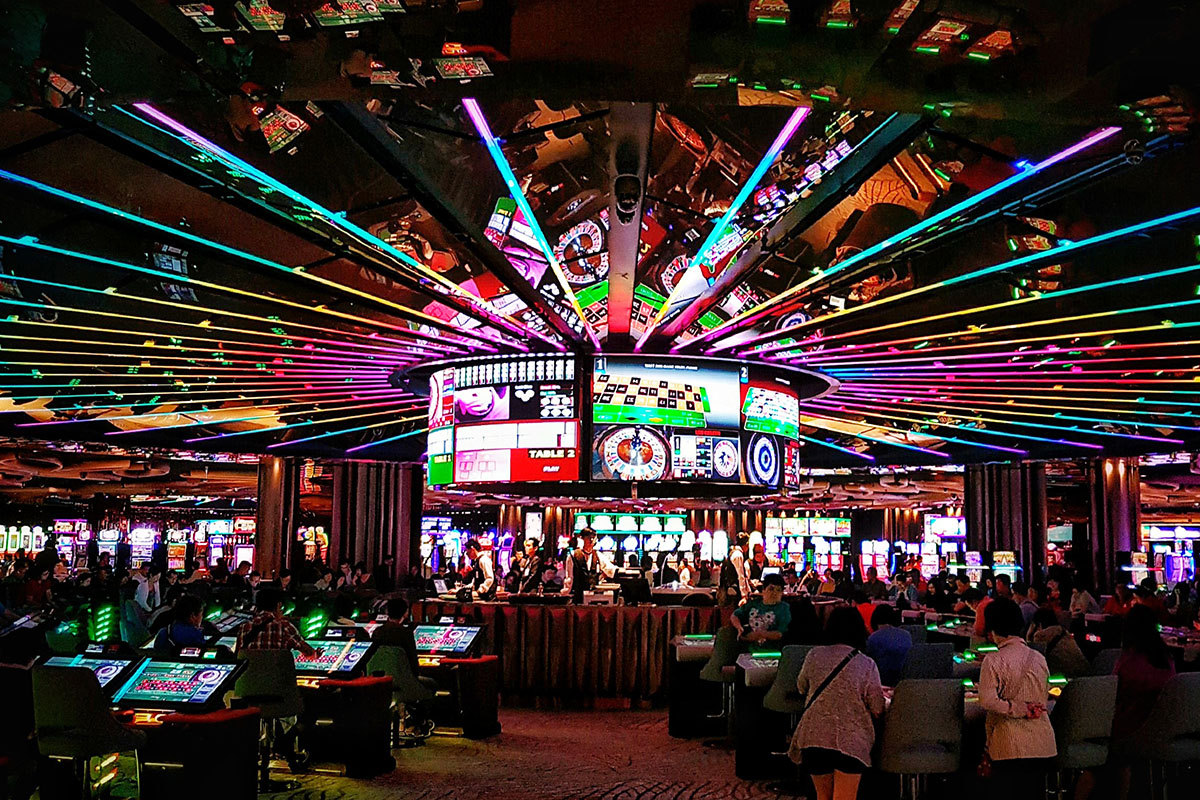
Gambling games have long enthralled players from all walks of life, enticing them into vibrant casinos filled with the sounds of spinning wheels, clattering chips, and cheering crowds. The thrill of chance and the allure of potential winnings create an exhilarating atmosphere that keeps players returning for more. Whether it is the excitement of a slot machine, the strategic play of poker, or the anticipation of a roulette wheel, casino games offer a distinct combination of entertainment and risk that can be hard to resist.
At the heart of this fascination lies a psychological pull that varies from person to person. For a few, the excitement of hitting a jackpot can elevate their mood, while for many, it’s a social experience that brings friends together. The colorful visuals, engaging sounds, and sometimes lavish environments of casinos further enhance the appeal, making each visit an adventure waiting to unfold. As we explore why gamblers are drawn to these games, we uncover the underlying motivations and emotions that fuel their passion for the betting tables.
The Psychology of Gambling
The attraction of casino games frequently arises from the intricate psychology of gambling as a whole. Many people find appealing the excitement of risking money for the possibility of winning more, as it speaks to a innate human desire for thrill and gain. This rush can create a profound emotional experience. 32 win The combination of risk and potential monetary gain can trigger a dopamine surge, making players feel alive.
Additionally, the design of casino games is engineered to keep players involved. The use of bright lights, enticing sounds, and the communal environment of casinos can enhance the excitement. Players typically find themselves immersed in these settings, where the expectation of a win keeps them coming back for more. This sensory overload encourages prolonged play, as the rapid feedback from wins, however minor, reinforces the desire to gamble more.
Finally, cognitive biases play a major role in gambling behavior. Many individuals fall prey to the illusion of control, believing they have power over outcomes even in games of chance. This mindset can lead to excessive confidence and the propensity to keep playing, despite accumulating losses. Additionally, gamblers frequently recall their wins more vividly than their losses, which can alter their perception and intensify the desire to keep playing. This intricate interplay between emotions and cognitive factors helps explain why so many are attracted to casino games.
A Allure of Casino Environments
The atmosphere of a gaming venue is exceptionally captivating, luring in players with its blend of excitement and anticipation. The sights and noises of whirling slots, cheering players, and the rhythmic clatter of chips create an engaging experience that is hard to pass up. The vibrant lights and dynamic arrangement foster a sense of vitality that keeps gamblers invested and motivates them to stay for longer periods. This captivating atmosphere contributes to the overall appeal of gaming activities, enticing both novice and experienced players alike.
Moreover, gaming establishments are designed to engage the senses in a fashion that makes players feel as though they are setting out on a thrilling adventure. The thoughtful positioning of games, inviting seating, and complimentary snacks enhance the overall experience, making gamblers feel appreciated and spoiled. Many gaming centers also incorporate decorative decorations and elaborate themes that transport visitors to different worlds, amplifying the excitement. Such atmospheres foster a sense of freedom, allowing players to forget their normal existences and immerse into the exhilarating world of chance.
Ultimately, the presence of fellow participants amplifies the interpersonal element of gambling, creating a shared rush. Connections among participants, whether through light-hearted banter or collective excitement during a significant win, cultivate a sense of togetherness that many find tempting. This interpersonal connectivity enhances the journey of playing casino experiences, transforming it from a individual activity into a joint adventure. The combination of excitement, engaging environments, and communal bonds makes gaming venues an compelling place for players looking for entertainment and a chance to win.
Grasping Game Dynamics
Gaming experiences are engineered with specific mechanics that draw in players. Each game has its specific set of rules, stake frameworks, and probability ratios, allowing players to engage with the game on various levels. The thrill of submitting a bet and the anticipation of the outcome creates an thrilling atmosphere. Comprehending these mechanics can intensify a player’s appreciation for the game and enhance their overall experience.
An additional crucial aspect of game mechanics is the idea of randomness. Many casino games, especially video slots and table games, rely on random number generators or shuffling to determine outcomes. This randomness is what keeps players returning; the unpredictable nature of the game creates a sense of hope and excitement. Knowing that each round or deal is independent of the last enhances to the appeal, as players believe they have a chance at winning, regardless of past outcomes.
Finally, the emotional response connected with game mechanics should not be overlooked. The excitement of a major payout or the tension during critical moments are essential to the enjoyment of casino games. Such emotional highs and lows leverage psychological triggers that keep players engaged for longer periods. Understanding these emotional responses to game mechanics can help explain why so many are enticed by the thrill of casino games, continually seeking that upcoming exhilarating moment.
